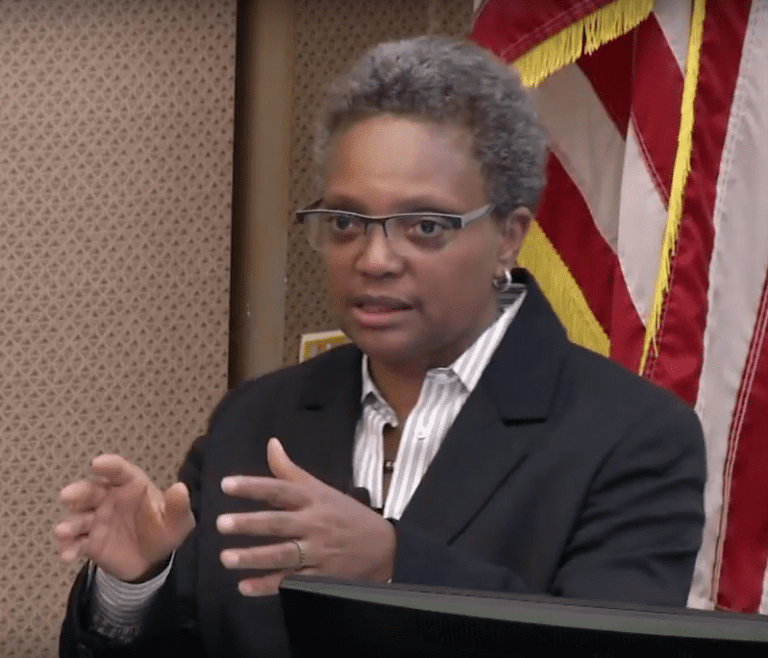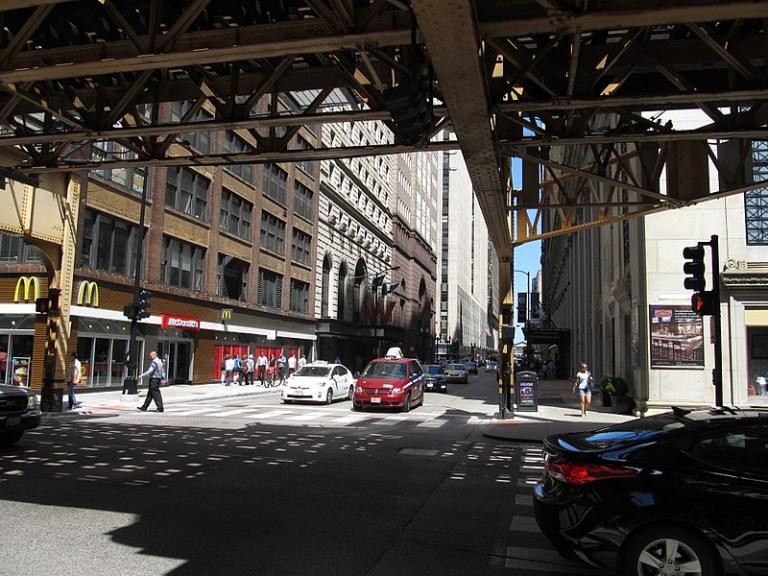First of all, the reporting:
Per the Chicago Tribune:
Little League International stripped Jackie Robinson West of its championship Wednesday, saying its officials knowingly fielded players who lived outside the team’s residential boundaries and then tried to cover up their deception.
. . .
Chris Janes, vice president of the Evergreen Park Athletic Association, had seen one of his teams demolished by Jackie Robinson West 43-2 last year. As the squad made its World Series run, he noticed that some communities outside of Jackie Robinson’s residential boundaries were declaring themselves the hometowns of some Jackie Robinson players.
“The more success they got, the more publicity, the more people out there from south suburbs were laying claims to these kids,” he said. “There are very specific rules out there, and the expectation is that we are all following and playing by the same rules.”
He began to research the players’ backgrounds using public records like voter registration records and address listings, he said, and found that four or five of the players [out of 13 total] apparently lived outside the team’s boundaries.
. . .
Little League CEO Stephen Keener said Wednesday that Jackie Robinson West annexed portions of three neighboring leagues on a boundary map it submitted to Little League officials, and did so without the permission of those leagues. The map was redrawn and backdated, he said. Neighboring leagues knew about the falsification but didn’t speak up, not wanting to upend the team’s championship season, Keener said.
. . .
At a news conference held at Rainbow PUSH Coalition headquarters, the Rev. Jesse Jackson called the decision untimely and inappropriately harsh. The Rev. Michael Pfleger questioned whether racism played a role in the extensive investigation.
“I can’t help but question whether the same thing would have been done with another team from another place — another race,” he said.
And the reaction? Lots of cynicism about Chicago corruption, and lots of cries that “it’s not the kids’ fault; they’re innocent victims.”
Yes, it’s not the kids’ fault — except that 4 or 5 of them shouldn’t have been on the team in the first place. Maybe neither they nor their parents knew the rules, but it seems as if (though I’m not really certain) the “Jackie Robinson West” team was a team specifically put together for the tournament play, not for the baseball season, and that these kids were pulled in after having played elsewhere, so it’s not a given to me that everyone was in the dark about this.
But the key is this:
This team wouldn’t have existed were it not for the misconduct of the adults in assembling a team that included players outside the established boundaries. We’re not told whether the star players were outside the boundary, or which players were, in particular, but it is reasonable to assume that the team would have been much more ordinary if not for the out-of-boundary players.
Which means that the cheating was not incidental to their accomplishments but was the very foundation for it. And you can’t escape that or dither about the fairness of the penalty — it’s fundamental. You can’t reconstruct the team, and say that it was really the inspirational coaches that would have transformed any random group of kids, or say that these “ringer” kids were chosen in no way for their talent but just to given them the opportunity to play.
Now, maybe, this sort of cheating happens all the time, and maybe there’s a need for the league to be much firmer about eligibility or change the rules. But it’s not OK to say that JRW should get a pass because unproven others may have done the same thing, or because they don’t like the rules.
It’s tempting to say that the problem is the high-stakes nature of the event itself: I mean, really, 12-year-olds on national television playing baseball? But we don’t know to what extent dreams of national success motivated the coaches, vs. more mundane thoughts that “it won’t matter.”










